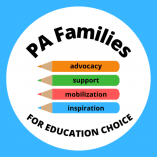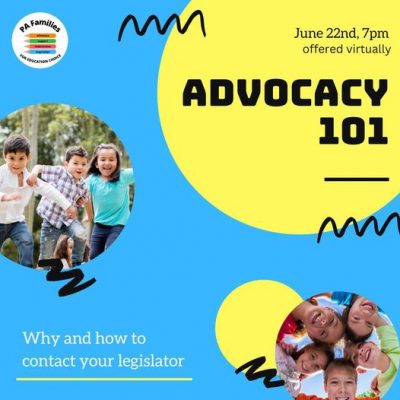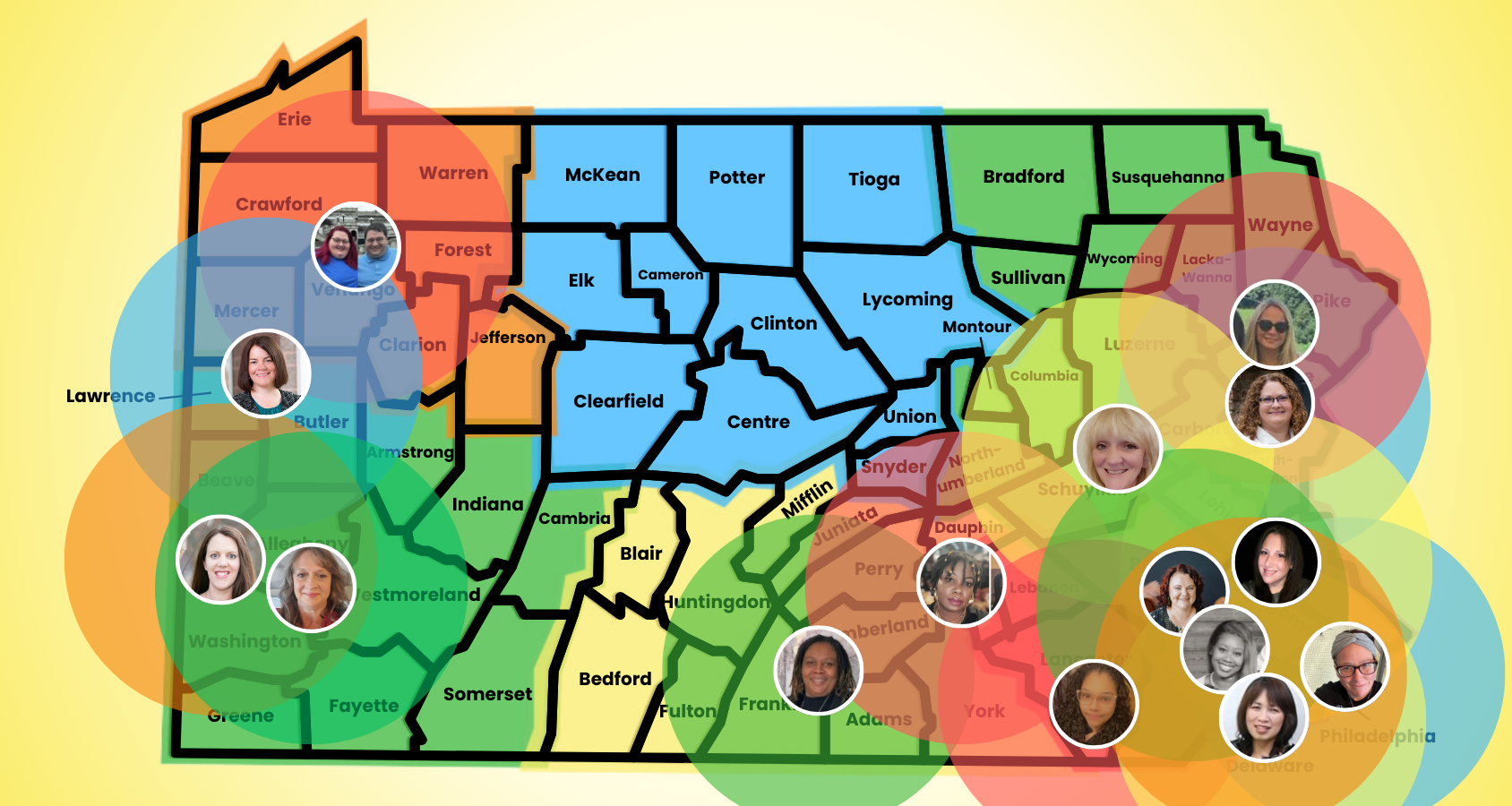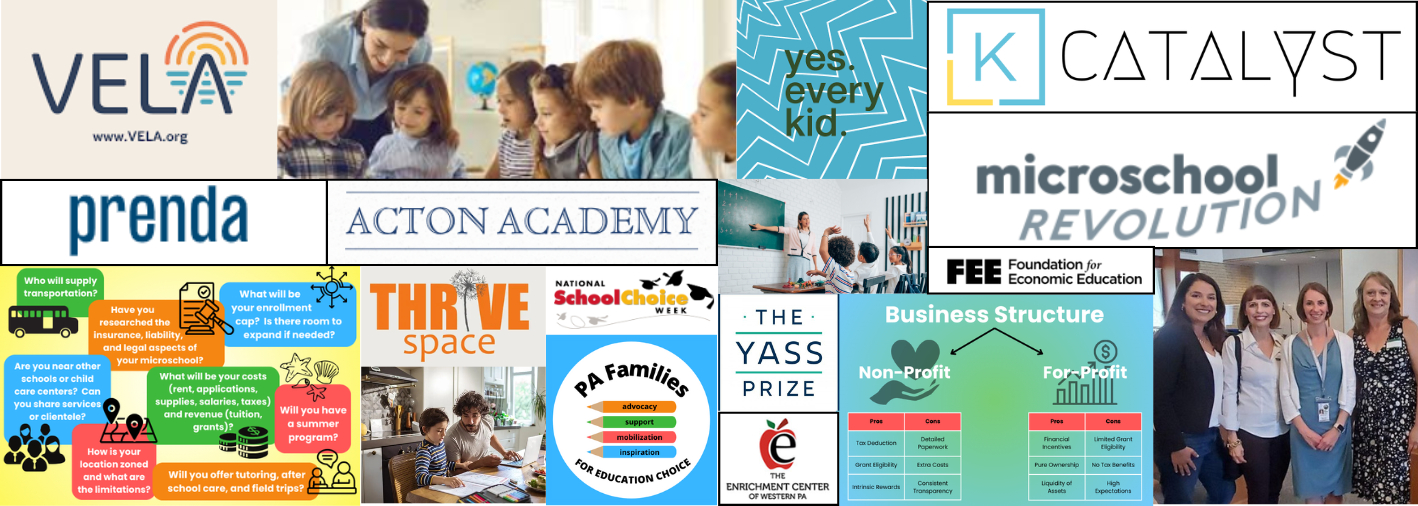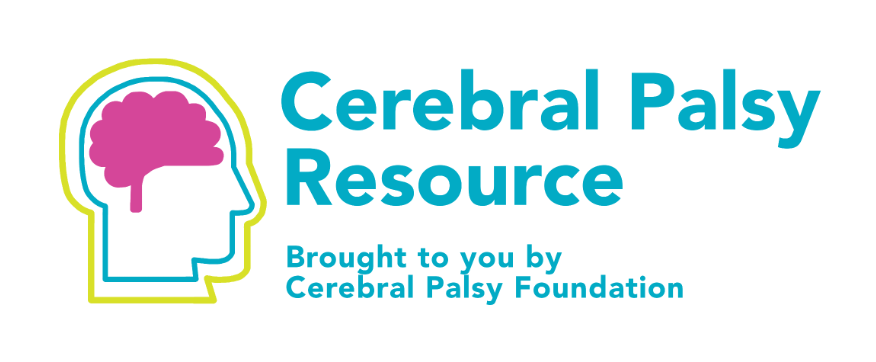Special Education
Americans with Disabilities Act (ADA)
The Americans with Disabilities Act (ADA) is a federal civil rights law that prohibits discrimination against people with disabilities in everyday activities. The ADA prohibits discrimination on the basis of disability just as other civil rights laws prohibit discrimination on the basis of race, color, sex, national origin, age, and religion. The ADA guarantees that people with disabilities have the same opportunities as everyone else to enjoy employment opportunities, purchase goods and services, and participate in state and local government programs.


To be protected by the ADA, one must have a disability or have a relationship or association with an individual with a disability. An individual with a disability is defined by the ADA as a person who has a physical or mental impairment that substantially limits one or more major life activities, a person who has a history or record of such an impairment, or a person who is perceived by others as having such an impairment. The ADA does not specifically name all of the impairments that are covered.
Individuals with Disabilities Education Act
(Federal)
The Individuals with Disabilities Education Act (IDEA) is a law making free appropriate public education available to eligible children with disabilities, ensuring special education and related services to those children.


The IDEA governs how states and public agencies provide early intervention, special education, and related services to eligible infants, toddlers, children, and youth with disabilities.
Infants and toddlers with disabilities receive early intervention services under IDEA Part C. Children and youth receive special education and related services under IDEA Part B.
Section 300.111 Child Find
This section of the IDEA states that all children with disabilities residing in the State who are in need of special education and related services, regardless of the severity of their disability, must be identified, located, and evaluated.
Free Appropriate Public Education (FAPE)
IDEA defines FAPE as “special education and related services provided at public expense, under public supervision and direction, without charge and in conformity with an IEP even if those children are advancing from grade to grade”




“Every student with a disability who is determined to be eligible under IDEA or qualified under Section 504 of the Rehabilitation Act is entitled to Free Appropriate Public Education (FAPE). Section 504 requires LEAs to provide FAPE to all qualified students with disabilities within their jurisdictions, regardless of the nature or severity of those disabilities.”
Act 69 of 2014 (August 2019)
Dyslexia Screening and Early Literacy Pilot Program
By: PA Department of Education
“The Dyslexia Screening and Early Literacy Intervention Pilot Program (Pilot) was developed in response to the passage of Act 69 of 2014 (the Act). Act 69 required that the Pennsylvania Department of Education (PDE) establish an early literacy intervention and dyslexia pilot program using evidence-based screening and then evidence-based instruction and intervention for students who were found to be at risk for future reading difficulties. The Dyslexia Pilot identified students in Kindergarten who were deemed at risk for reading difficulties including dyslexia using screening tests. At-risk students received immediate supports to improve future reading achievement and to reduce the need for special education in later grades. In addition, the Pilot focused on providing enhanced core instruction in the classroom for all students.”
Section 504 of the Rehabilitation Act


“Section 504 prohibits discrimination on the basis of disability in programs or activities that receive Federal financial assistance from the U.S. Department of Education. Title II prohibits discrimination on the basis of disability by state and local governments. The Office of Special Education and Rehabilitative Services (OSERS), also a component of the U.S. Department of Education, administers the Individuals with Disabilities Education Act (IDEA), a statute which funds special education programs. Each state educational agency is responsible for administering IDEA within the state and distributing the funds for special education programs. IDEA is a grant statute and attaches many specific conditions to the receipt of Federal IDEA funds. Section 504 and the ADA are antidiscrimination laws and do not provide any type of funding.”
Individualized Education Program (IEP)




“An IEP is a written plan for the provision of services for the education of students who are disabled or gifted. The district has a responsibility under Child Find for children “thought-to-be” eligible for special education services and/or accommodations. This responsibility includes locating, identifying, and evaluating all students with suspected disabilities, including but not limited to evaluating students for whom a request for an evaluation has been made.
Two criteria exist for an IEP, both of which must be met:
- The student must meet one of the 13 disability categories defined by the Individuals with Disabilities Education Act, 2004 (IDEA).
- The student must need special education; that is, the child requires specifically designed instruction to receive education services.
Special Education in PA – Consult Line
1-800-879-2301 (Voice/TTY/TDD)
Help for families and advocates of children with special needs about:
- Special Education Regulations
- School Related Concerns
- Procedural Safeguards
A service of the OFFICE FOR DISPUTE RESOLUTION PENNSYLVANIA TRAINING AND TECHNICAL ASSISTANCE NETWORK
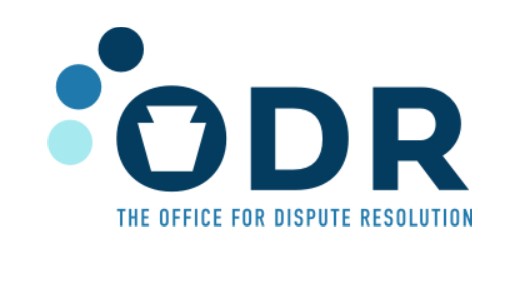

The ConsultLine is designed to assist parents and advocates of children with disabilities or children thought to be disabled. If you have any questions concerning your child’s special education program or the laws relating to the provision of services in your child’s IEP (Individualized Educational Program), the special education specialists at ConsultLine may be able to assist you.
Additional Resources
Pennsylvania Training and Technical Assistance Network


“Working with the Pennsylvania Department of Education’s Bureau of Special Education, PaTTAN provides a full array of professional development and technical assistance targeted to improving student results. This professional development and technical assistance takes many forms in order to meet the varied needs of PaTTAN’s constituents. Week-long summer institutes, ongoing professional development series, webinars, on-site assistance, and individual student or teacher supports are some of the means by which PaTTAN provides support to schools.”
Cerebral Palsy Foundation
“Creating inclusive school cultures can be complex. Research shows that disability inclusion has immense positive benefits for all students and staff. “Just Say Hi!” is an award-winning (for DEI), disability inclusion, PK-12 schoolwide curriculum and program. It provides schools with an intentional, evidence-based pathway toward disability inclusion. While inclusion starts by just saying hi, it doesn’t end there: all students deserve to experience an ongoing sense of belonging in a welcoming, inclusive school community. Together, we can commit to making this happen.
“The Just Say Hi! program, for all students with disabilities and without disabilities, is run by the Cerebral Palsy Foundation (CPF).”
Financial Planning for Parents of Children with Disabilities
“As you develop a plan to secure a financial future for your child, you may find yourself in need of additional help with managing your money. MoneyGeek compiled a valuable resource list to help parents of children with disabilities, ranging from training opportunities, support groups and financial assistance programs.”
